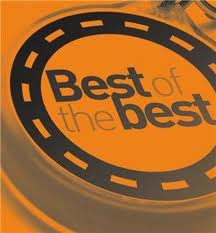This press or grinding mill is used to process the seeds from a palm tree into Dende oil for cooking. This oils is common in West Africa and Brazil (Bahia). Many people in the northeast of Brazil still process these seeds the “old” way using a mill.
It is interesting that this type of mill was in use even in Jesus’ day. The Garden of Gethsemane is not really a garden but an orchard. Olive trees still grow there today. During Jesus’ day it was a place of business, an olive press producing the local areas supply of oil.
This is where the word Gethsemane comes in. A gat(Hebrew) is a press, a , and a semane, or seman, is seed. So on the evening before his crucifixion he went to the orchard of the Olive Press with Peter, James, and John, to pray.
This is where the word Gethsemane comes in. A gat(Hebrew) is a press, a , and a semane, or seman, is seed. So on the evening before his crucifixion he went to the orchard of the Olive Press with Peter, James, and John, to pray.
It is no mistake that Jesus spent his last evening in the Garden of Gethsemane. From there he would leave to go to the cross and receive the weight of the world, the gethsemane of our sins, blood from his body running down the cross to the world below. Luke describes the pressure Jesus suffered that evening: “Being in anguish his sweat was like drops of blood falling to the ground.” The Grinding Mill is a Biblical image of Christ pouring out his life for us.




